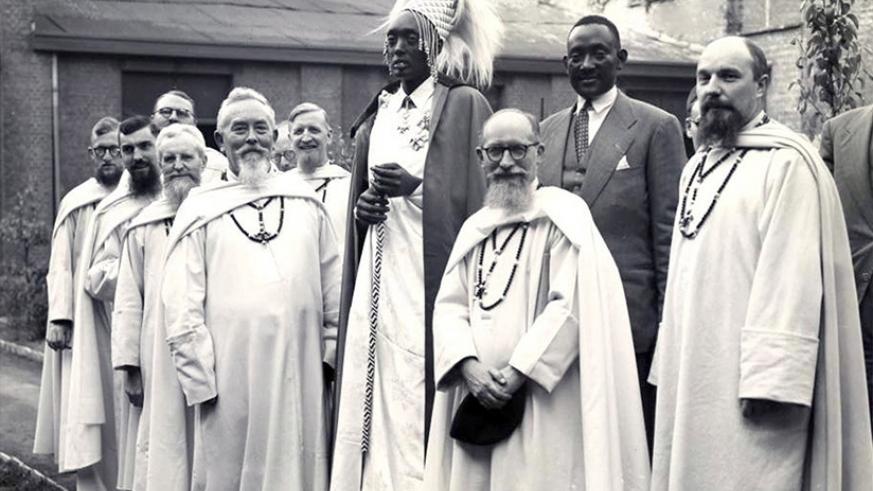
Catholic Land Grab in Colonial Rwanda
Rwanda’s Parliament abolished about 1000 colonial laws that were enacted by the colonial regimes but no longer relevant in a post colonial country. All legal instruments enacted “before independence” – starting with the year 1885 and ending on July 1, 1962, were repealed.
“These are not laws that we should be proud of keeping. We don’t see a problem in repealing them,”
State Minister for Constitutional and Legal affairs, Evode Uwizeyimana
They were enacted by either the German or the Belgian colonial administrations when the country was under occupation by the colonialists.
What are some of these colonial laws?
Under one of the articles that will be repealed is a colonial law that gave the Catholic Church access to thousands of hectares of land that was stolen from native Rwandans. That massive land grab by the Catholic Church was made possible by a decree of January 24, 1943 on free assignments and concessions to scientific and religious associations and public utility establishments by the Belgian government.
CATHOLIC CHURCH LAND GRAB IN RWANDA
Among the colonial laws is also the law that made it possible for Catholic Church missionaries to acquire so much land for the Church and until now it is still in its hands. The Catholic Church must return land to native Rwandans, it is stolen property. One would think that after independence the Church would have returned the land is stole but it still hasn’t.
Article one of the decree stated that “under the terms of this order and subject to approval by Royal Order, the Governor General may assign or freely grant to scientific, philanthropic or religious associations and to the institutions in charge of public-interest recognized by the law, up to 10 hectares of urban land and 200 hectares of rural land”.
LAND TENURE IN RWANDA DURING COLONIALISM
German colonization started right after the end of the 19th century and lasted till 1916. The German colonial authorities recognized the King’s authority over land. Belgian colonization introduced changes in the management of the country which were later used to destroy the traditional system. The 1926 reform divided the country into chieftainships and abolished the system by which a chief could own several land properties in different parts of the country, which characterized his importance in the country’s hierarchy. The abolition of these traditional structures was designed to exercise better control of the country.
Belgian colonization introduced land tenure security for settlers and other foreigners wishing to invest in land in Rwanda including the Catholic Church. The Belgian colonial administration established the 1885 decree concerning land use. The following are the two main doctrines of this decree: Only the Colonial Public Officer could guarantee the right to use the land taken from indigenous Rwandans. Settlers or other foreigners intending to settle in the country were to apply to the colonial administration, follow its rules for obtaining stolen land, and conclude settlement agreements.
Only settlers and other foreigners could benefit from the new written law system that was protected by the colonial administration. The written law applied also to Catholic and Protestant Missions owned land (decree of 24/01/43 concerning free transfers and concessions of land to scientific and religious associations as well as to parastatals), urban districts, as well as trading and business centers. (RWANDA MINISTRY OF LANDS, ENVIRONMENT, FORESTS, WATER AND MINES, 2004).




1 Comment
by Afrogal@yahoo.com
A very big eye opening account.
Comments are closed.